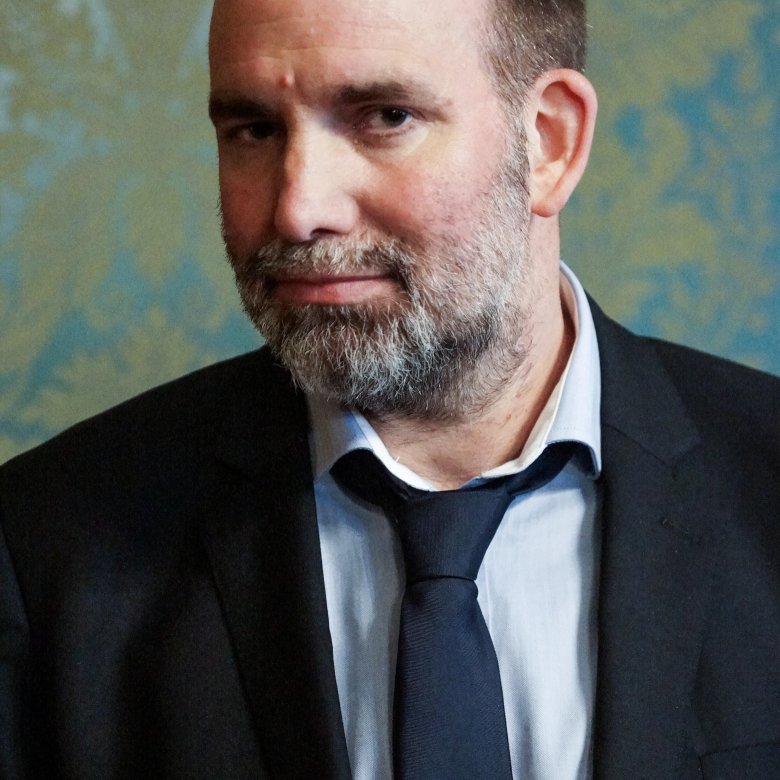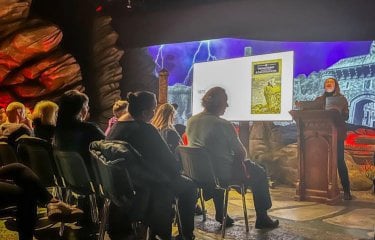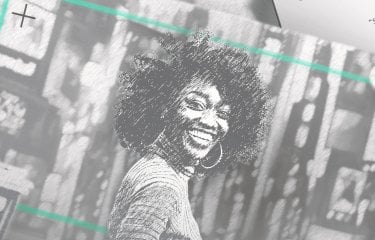Xan Brooks Joins Falmouth as Writer in Residence
21 February 2019

Falmouth University is delighted to announce that award-winning writer, editor and broadcaster, Xan Brooks, has joined the School of Writing & Journalism as the 2019 Writer in Residence.
In his youth, Xan was part of the founding editorial team of the Big Issue magazine, after which he worked as an associate editor at the Guardian, specialising in film. His acclaimed debut novel, The Clocks In This House All Tell Different Times, was also nominated for the Costa Book Award for First Novel in 2017, and longlisted in 2018 for the Walter Scott Prize.
When asked what attracted him to the role of Writer in Residence at Falmouth, Xan said: “It was a great opportunity. I think that the one thing most writers find that they are starved of is time – to write and to work, and to discuss writing with other writers in a supportive, interesting, vibrant, creative environment – [and] most writers have to fit writing around their day jobs, family duties, things like that.
“The idea that there’s a place you can go to meet like-minded people and work with them to hone their skills, steep yourself in the business, discussion and debate about writing, and also have a chance to do some writing of your own is amazing. So welcome. And I like Cornwall, as well.”
Over the course of his journalism career, Xan has “done pretty much every kind of writing that you could imagine”; feature writing, interviews, reviews, news stories, comment pieces, blogs, live blogs… His experience as a journalist, working in high-pressure environments and filing to deadline quickly every day, has also helped with his discipline as a novelist.
“I think that has been a really important discipline,” he told us. “One that I think most students would benefit from hearing about.” During his time at Falmouth, Xan also wants to demystify writing and the role of the writer, which is often romanticised.
Xan explained: “I think that there’s an issue for every aspiring writer, everyone who wants to write a great book or a great story or a great collection of poetry, that it’s the shining city on the hill. It’s the holy grail. It’s this cherished, noble, magical pursuit. And if you think like that, you’re dead. You’re never going to do it. Because it’s never going to be as good as you think it’s going to be. There’s a lot to be said for a background in journalism, because journalism demystifies it all.”
During his time as Writer in Residence, Xan is delivering writing workshops and individual tutorials to students. He is also holding a public lecture on Wednesday 27 February at Falmouth University’s Falmouth campus.
Entitled, ‘Authorial Responsibility vs Creative Freedom: Whose Story Is It Anyway?’, the talk will consider the moral questions involved when writing about other people and places.
The lecture is inspired by Xan’s experience writing his novel, which is set in the aftermath of the First World War and which tells the story of an orphan girl who finds herself in a woodland with the ‘funny men’, a quartet of disfigured ex-soldiers named after Dorothy’s companions in The Wonderful Wizard of Oz.
Xan explained: “My novel was very loosely based on the horrific childhood experience of my late great aunt. So far as I know, she never told anyone about this except my dad, a year or so before she died. Then I went off and wrote a book about it. And I can’t con myself into thinking that this is what she’d have wanted.”
“This moral dilemma has been on my mind a bit lately,” he told us. “In what sense was my great aunt’s story mine to tell? Come to that, widening it out further, what’s the responsibility of any writer when telling the story of a person, a place or a history they have no direct first-hand experience of?”
The talk asks questions like: Does a heterosexual author have the right to write in the voice of a gay character, or a white male author in the voice of a black female heroine?
Xan added: “It all comes down to ideas of ownership, artistic licence and cultural appropriation. But at what point does creativity end and exploitation begin?”
You can book a place at the talk on Wednesday 27 February here.




